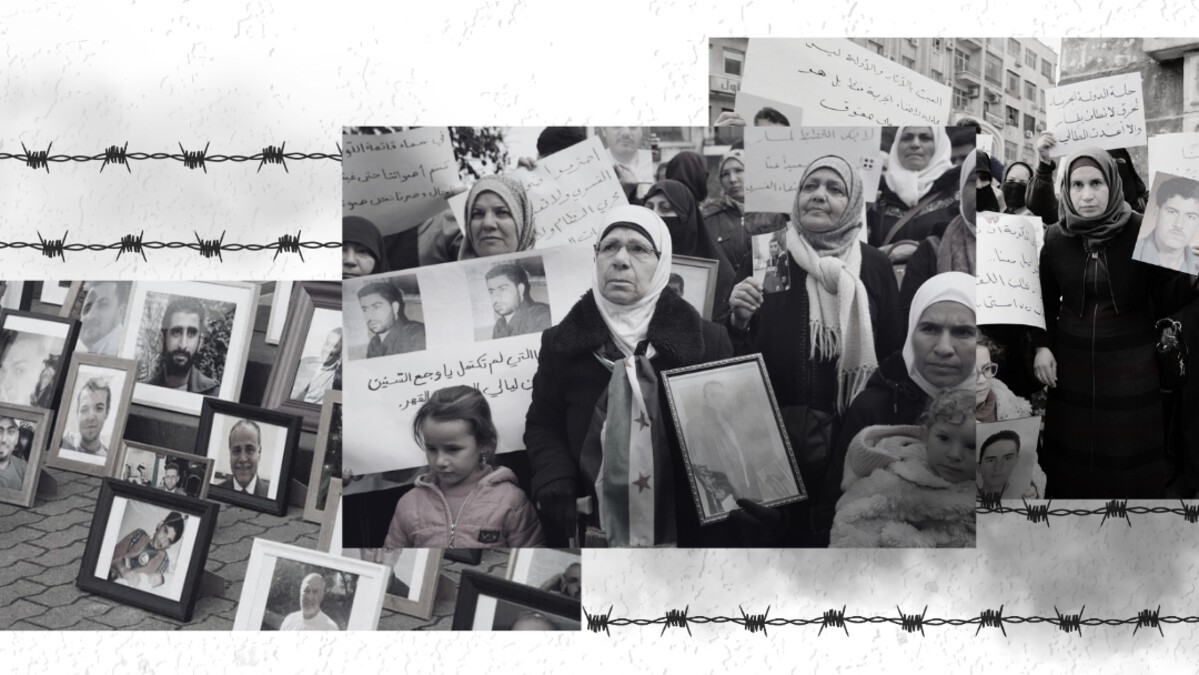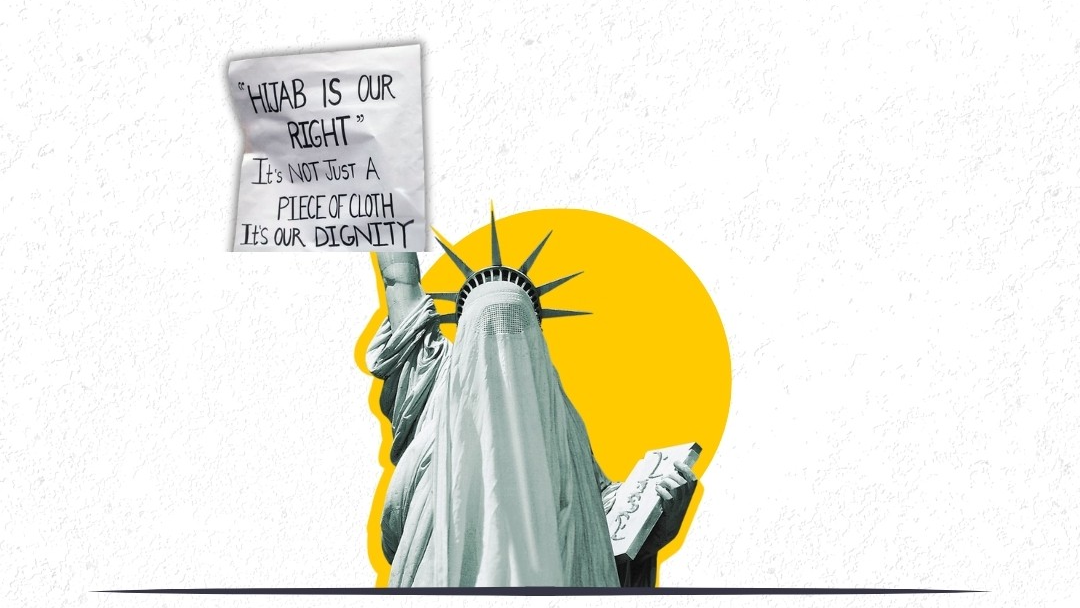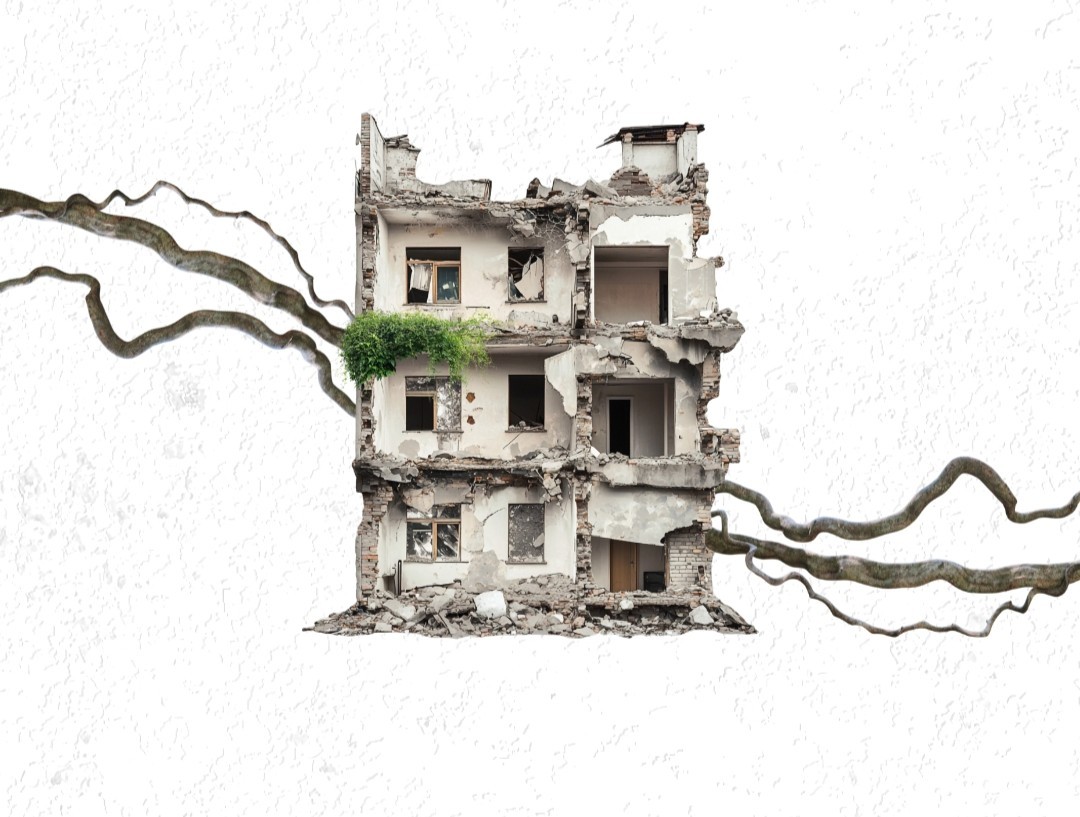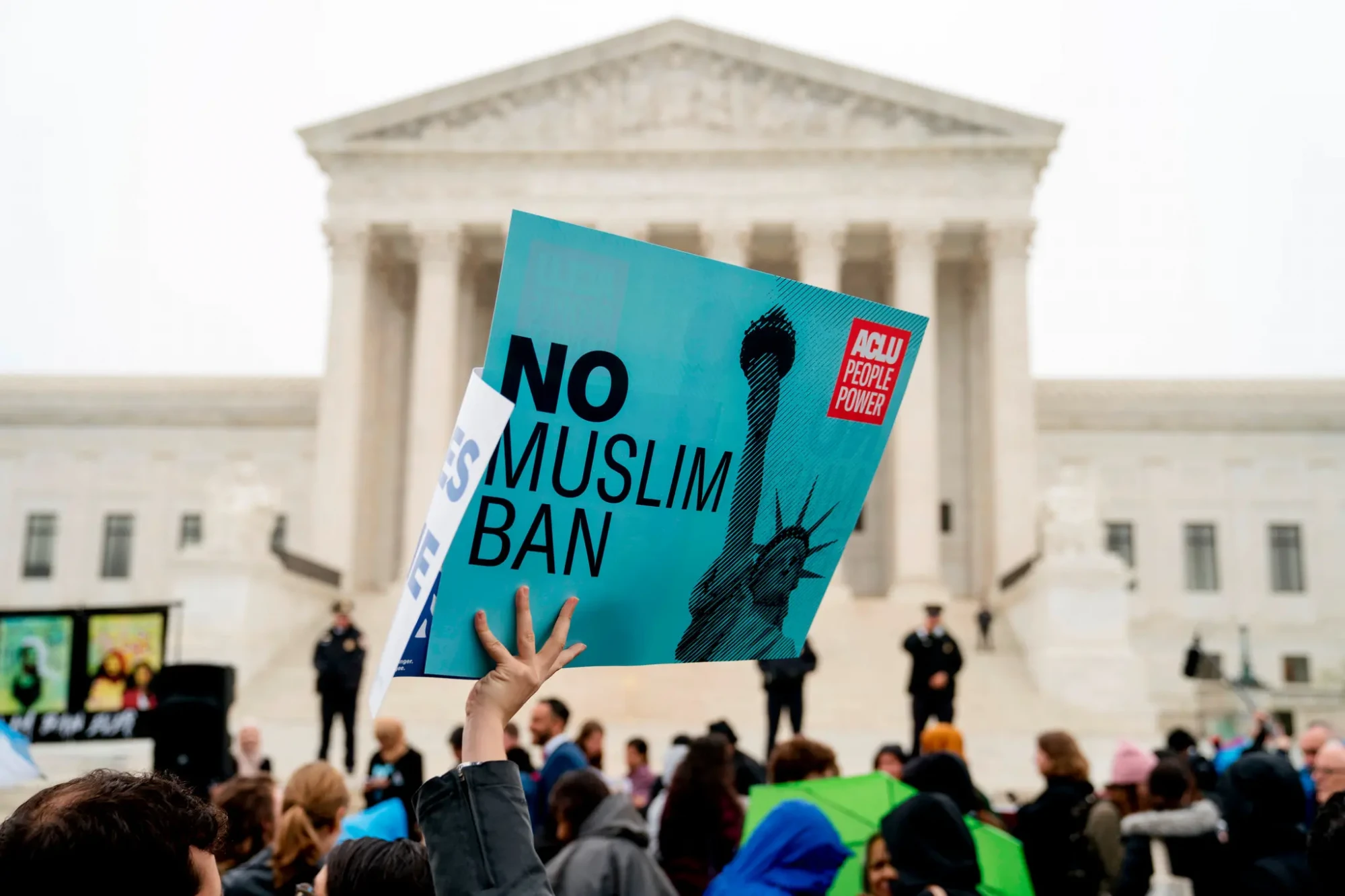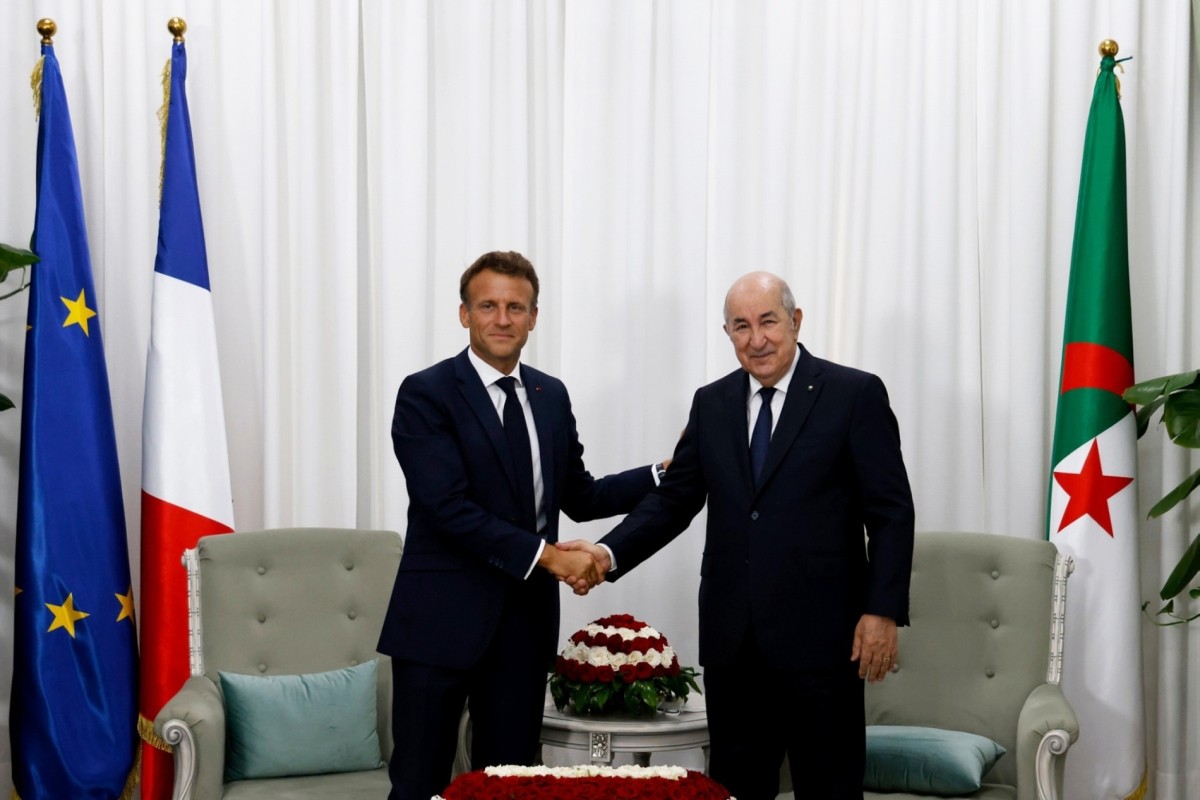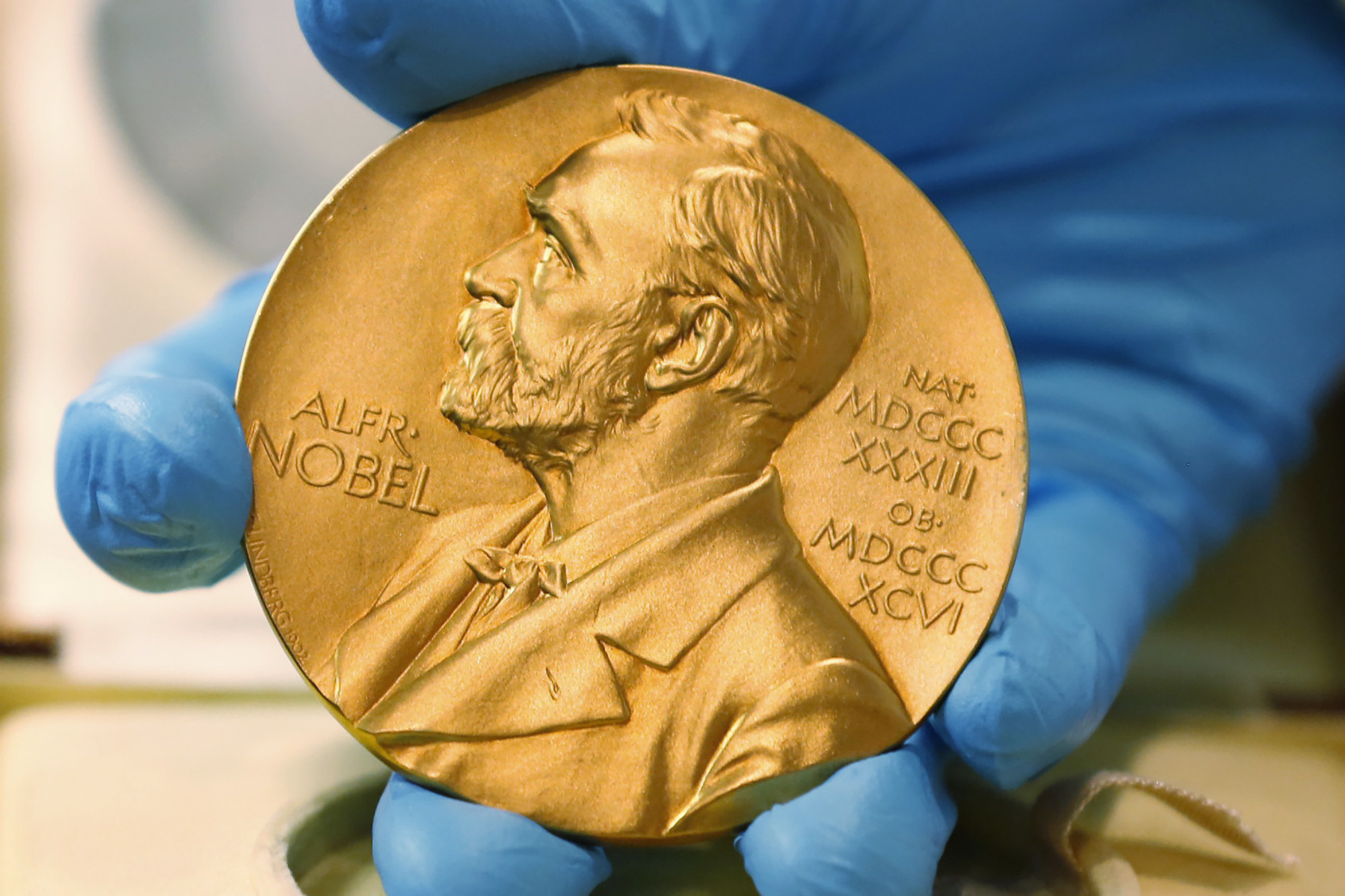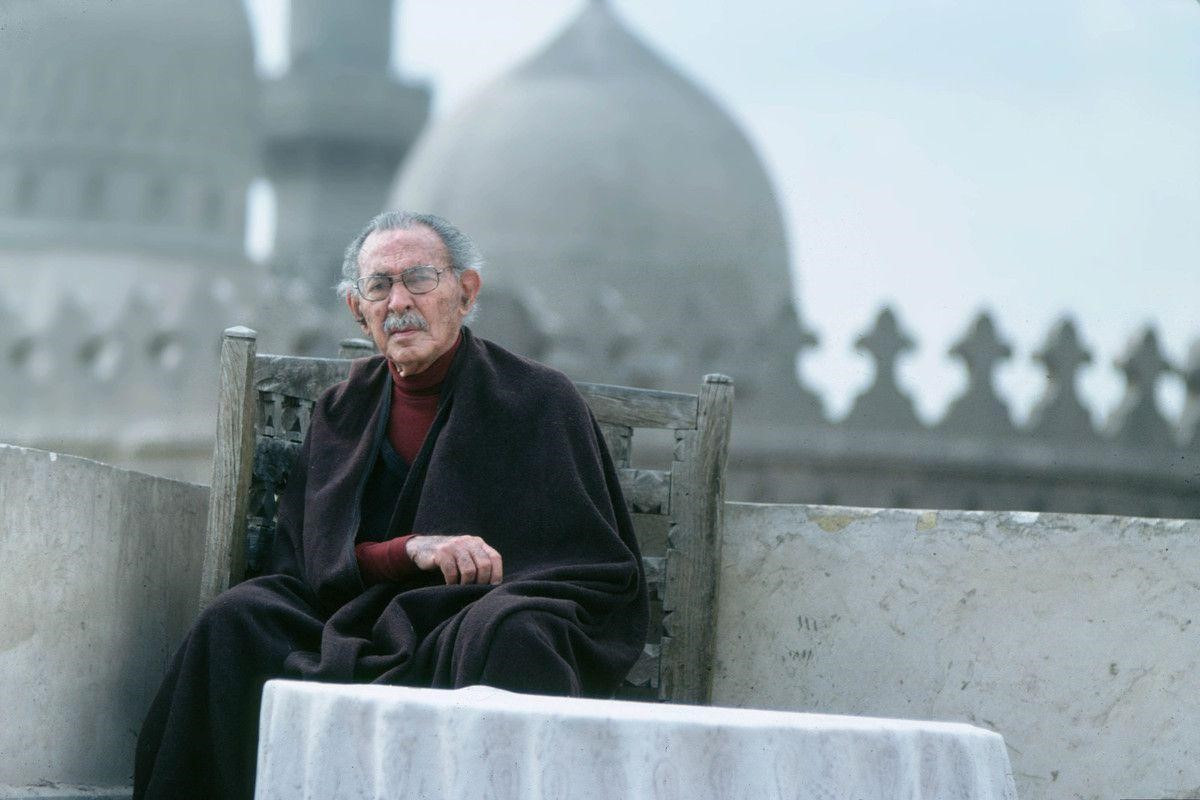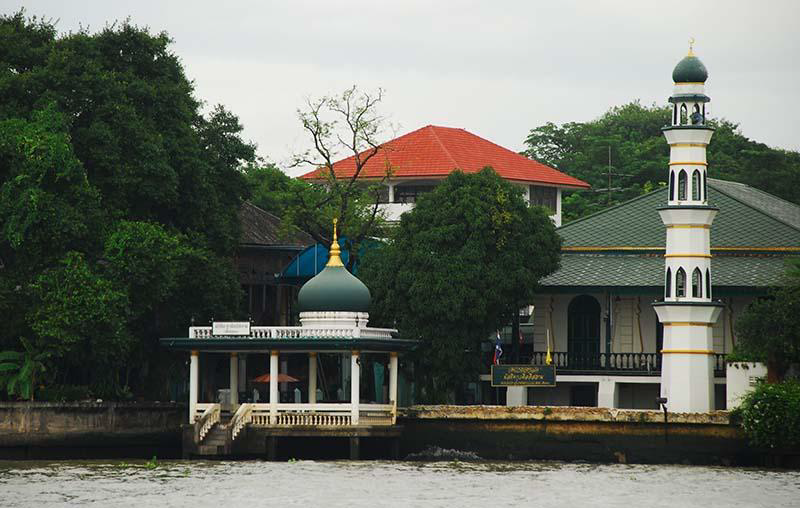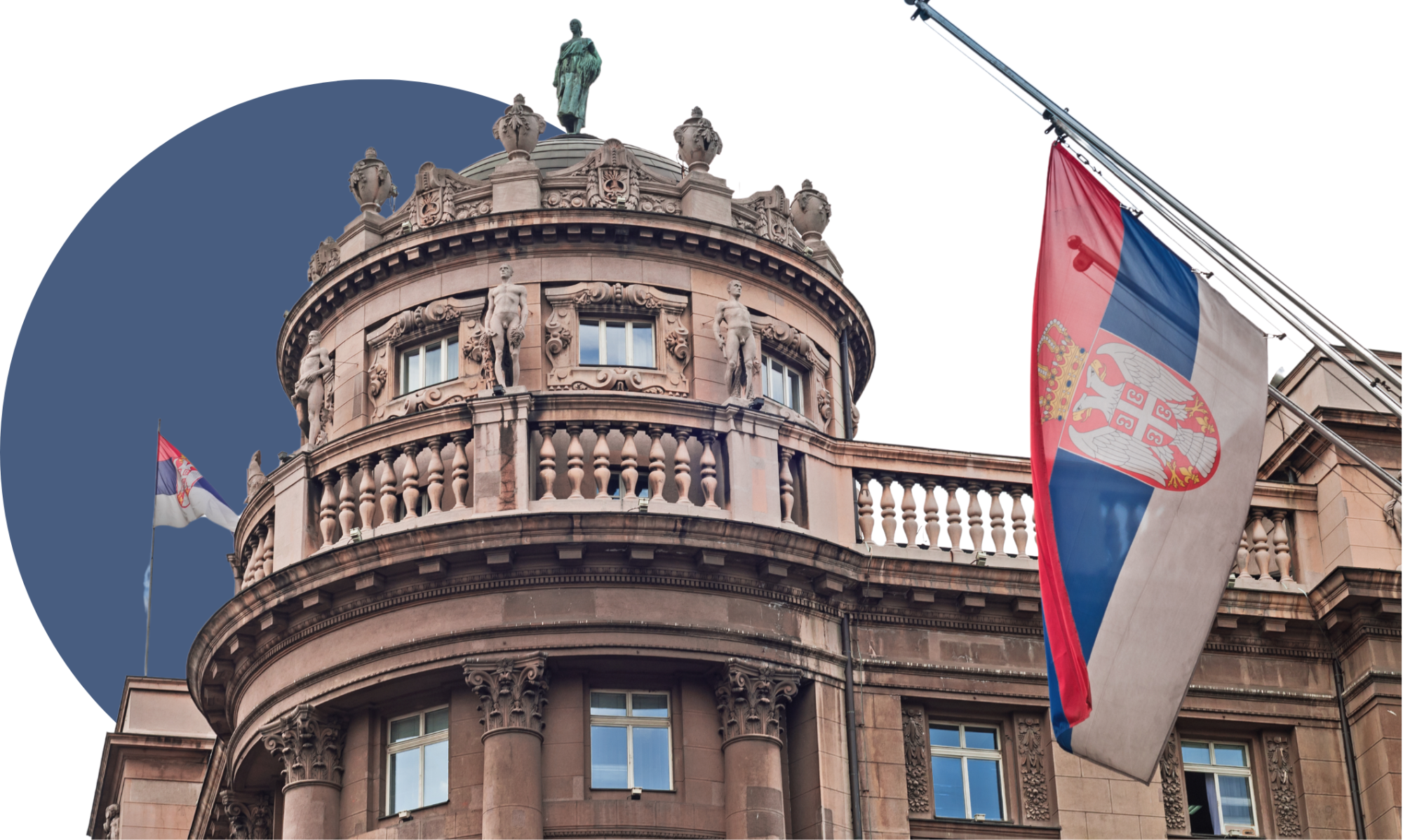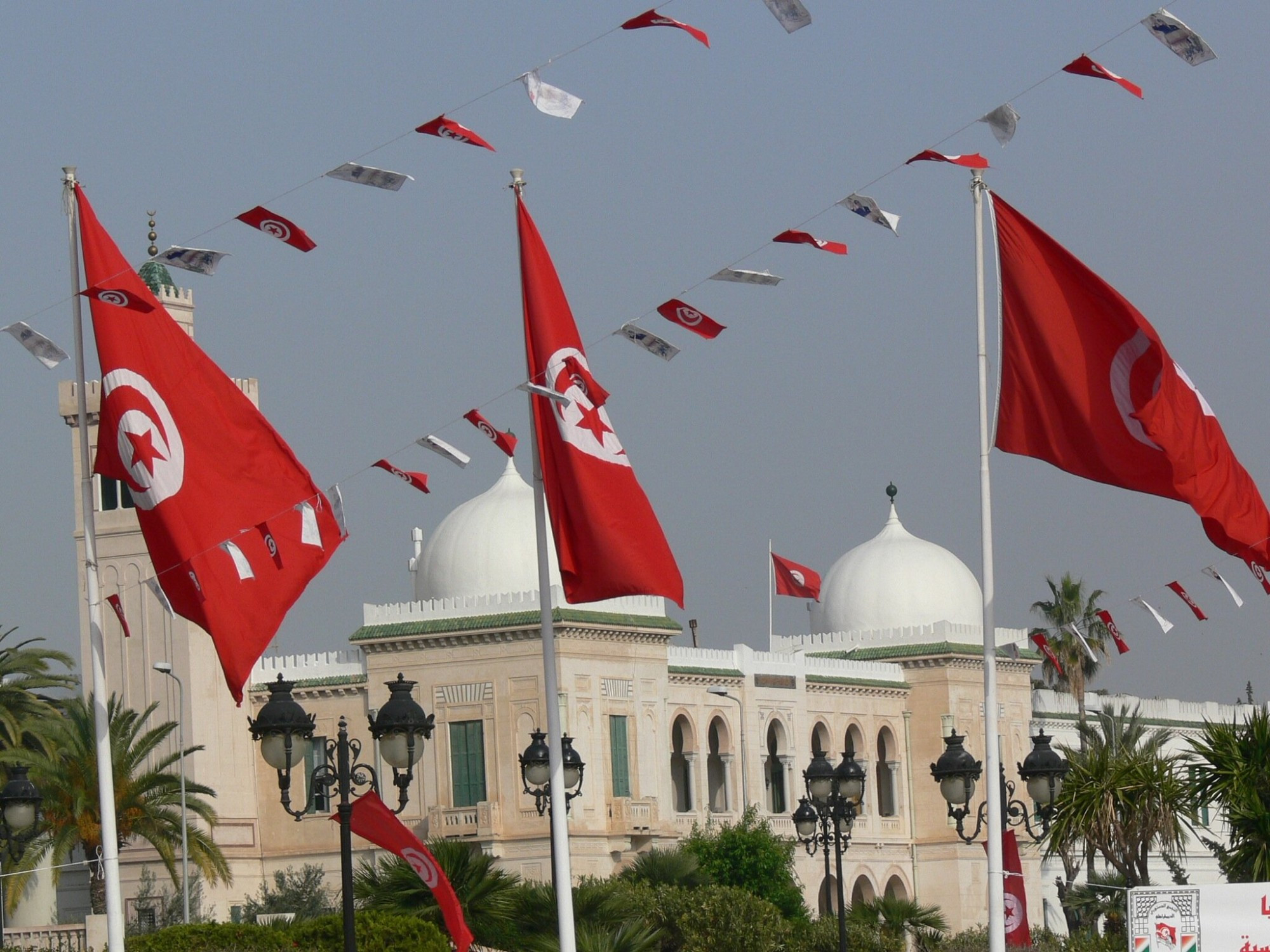
Tunisia and President Kais Saied: A Political Outsider to Divider
Tunisian exceptionalism left analysts to wonder about Tunisia’s domestic politics. As one may think it a local phenomenon, it’s anything but local. President Kais Saied was elected in fall 2019 as a result of Jasmine revolution in which he used the slogan, people want! For his campaign. He obtained a comfortable victory from Tunisia’s conventional political parties, notably a-Nahdha party. He described his election victory in 2019 as a new revolution. Yet, the real question today is that what made President Kais Saied change the narrative of the Jasmine revolution his style of governing?
He made a bold political move an year ago on the eve of July 25 when he fired the prime minister, froze the parliament and lifted the immunity of all MPs. President Kais Saied, does not have a political party that he could rely on in the parliament. He is politically an “independent,” former constitutional law professor who expected to make a break through the institutional crisis that Tunisia went through since his election in October 2019.
Power Struggle
Once elected, he appeared almost like a lame duck president because of the country’s constitution that does not give the president large executive power, while leaves daily administration to the government that is accountable before the parliament. The president could manage only military and foreign affairs departments, a power that enhanced in the new draft that was put forward for vote in the referendum on July 25 and lead to a further division in the country.
Nearly, three years after his election, his term in office created political tensions and divisions, specially his clash with Speaker of the House Rashed al-Ghanouchi and later with Prime Minister Hicham al-Machichi who was believed to be the president’s own man. Hence, with the president’s Napoleon-like manner, after months of political tussle, dire socioeconomic situation following the impacts of COVID-19 that affected Tunisia’s economic backbone: tourism, currently, the country is on the edge of social famine because of the world grain crisis due to the ongoing war in Ukraine.
Thus President Kais Saied’s decisions resonate the past experiences in the region that unseated democratically elected Islamist parties for instance in Algeria and Egypt, leading to greater instability and bad governance. President Kais Saied’s defenders domestically and regionally argue that his actions were needed to protect Tunisia’s political “process” and stability since 2011, but for al Nahdha, the situation parallels to that faced in Algeria and Egypt.
In 2019, Tunisian early presidential elections put an end to the old systemic political and elite hegemony that demystified the legalist Islamists’ rhetorical course and shredded the radical secularists’ utopian discourse. It is worthy of comment due to the theory of political parties, and a fair interpretation of sociology; such a political tsunami “twisting” of the news continues as the Western media persists in misinforming its general public and writing off the people’s civility, polity, and hope as a lost cause, disrespecting millions of men and women struggling for freedom, dignity, and even one day, direct democracy.
Drawing the story line equation between the Islamists and the secularists’ ideological fight on one hand, and the oligarchic regime on the other implies the country’s societal imperatives that are politically constants and ethnically stable. Yet, the post-Arab first and second uprisings outcome generated a political paradigm placing people in the middle ground between counter-revolutionaries and radical dystopian groups. An alibi that authoritarian regimes and arrogant elite in the region have been using to crush any credible opposition to their thrones: like in Syria, Egypt, and Sudan before people in those countries rose up against injustice and better life.
The Dialectic of Legitimacy and Legality
President Kais Saed’s “soft” coup was orchestrated by a president who has the ability to read between the lines of a fragile constitution that was set to trim al Nahdha party’s wings and limit its influence in new Tunisia post-Ben Ali. The president used article 80 of 2014 Constitution, using the exceptional circumstances context of the “imminent threat” to the country. He implicitly enhanced the role of the military. An element that was noticed in the new draft constitution of July 25, 2022, a new imperative in Tunisia politics was to bring the military to the political arena. Even then-President Bourguiba did not do it, who, on the contrary side-lined the military, using the police and its domestic intelligence instead. Later, late General Ben Ali ousted him in 1987 in the so-called health coup.
President Kais Saied believed, he could govern with a technocrat government because under these constitutional conditions called exceptional circumstances, governing with executive-order would go well with the anti-revolution camp like MP Moussi Abir the leader of the Free Destourian party, who has been very vocal against the al Nahdha and a vehement obstructionist to the legislative branch and its Speaker.
Like Al Nahda party, she instead called for the boycott President Kais Saied’s new draft constitution proposal. Tunisians did, however, did not show up en masse to the polling centres, and only 30 per cent out of the nine million voters participated. According to the Independent Higher Election Authority (ISIE), on Tuesday evening, 94.6 percent of voters approved the constitution.
Tunisia is on a dead end road, after a decade of democracy or at least a learning process of participative and “consensual” democracy in MENA region, President Kais Saied acted like another authoritarian leader in the region, sacking legitimate MPs and government, despite all the negative signs that both branches have been sending to the voters. President Kais Saied’s political “reforms” U-turn did end the decade of ray of hope for democracy.
What Went Wrong?
President Kais Saied is using his last card, to breakthrough, and get a free hand to lead. Yet Tunisians now, have nothing to lose hence they still are determined to fight for freedom.
Tunisian exceptionalism was the state of the societal homogeneity, the absence of religious and ethnic divisions, in addition to the military establishment's distance from political affairs so far. Also, the political approach that was adopted by al Nahdha party, based on political consensus with its ideological adversaries. As a result, all these positive signs of political stability and progress were evaporated, and Tunisia is no longer different than the political landscape of its region. Tunisians today feel that their dream has evaporated however youth still hopes for a better life as is elsewhere. Years have passed, Tunisia is still struggling to implement a Constitutional Court to serve as a strong legal tool between the two branches of the state for better checks and balances.
Tunisia got trapped between two ways of thinking, a dilemma that has been striking the so-called Arab “secular” states, the deep division between the elite and the masses on one hand, and the arrogant secularists and the conservatives/traditionalists on the other. Hence, a political thought that let Arab states perplexed. Unlike in Türkiye, where there is a huge sense of positive secularism (à la France), yet, democracy has become red line of which July 15, 2016 failed coup attempted is a perfect example.
Consequently, Tunisians alas, are surrendered like Egyptians did to a-Sissi’s coup in July 3, 2013. Nonetheless, Tunisians are now tired of their politicians who could not find solutions to their daily needs. A political trajectory that seems to be increasingly forcing somewhat of a dichotomy: either effective governance or democracy, and worse a Sri Lanka scenario, looks imminent.
Abdennour Toumi
Gazeteci ve Ortadoğu Araştırmaları Merkezi’nde Kuzey Afrika Çalışmaları Uzmanı olan Abdennour Toumi, doktora derecesini Fransa’daki Toulouse Üniversitesi Siyaset Bilimi alanında aldı. Ulusal Türk gazetesi Daily Sabah English gazetesinde yazıları yayı...
 Abdennour Toumi
Abdennour Toumi